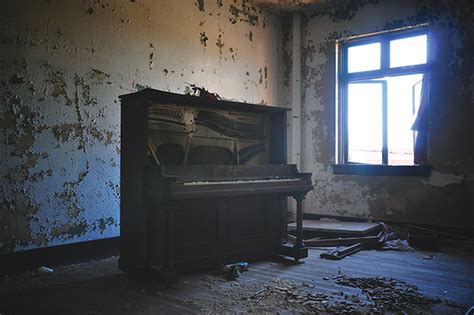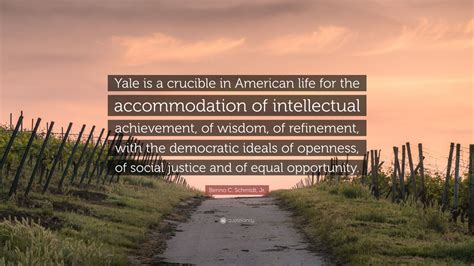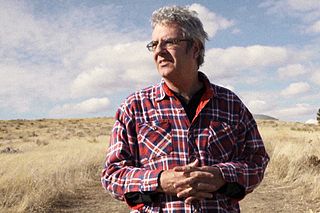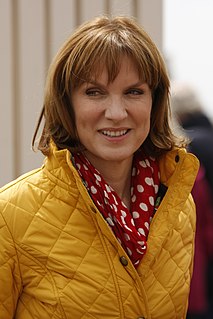A Quote by Jeffrey Rosen
Before Sept. 11, the idea that Americans would voluntarily agree to live their lives under the gaze of a network of biometric surveillance cameras, peering at them in government buildings, shopping malls, subways and stadiums, would have seemed unthinkable, a dystopian fantasy of a society that had surrendered privacy and anonymity.
Related Quotes
I've always wondered what it would be like if the Messiah, or Christ Returned, were actually alive and living in our society; who would that person be, how we would identify them, how would they live and what would they believe in, how would society react to them? I decided to try and tell my idea of that story.
I don't think he would have had any trouble answering Justice Sonia Sotomayor's excellent challenge in a case involving GPS surveillance. She said we need an alternative to this whole way of thinking about the privacy now which says that when you give data to a third party, you have no expectations of privacy. And [Louis] Brandeis would have said nonsense, of course you have expectations of privacy because it's intellectual privacy that has to be protected. That's my attempt to channel him on some of those privacy questions.
Shopping malls across the county are dying fast, and my images of them are very nostalgic for most people that grew up attending these malls. These malls were communal spaces. These were gigantic chat rooms before the Internet existed. You went to the mall to meet and communicate with others, not just to shop.
The many pro-surveillance advocates I have debated since Snowden blew the whistle have been quick to echo [Google CEO] Eric Schmidt's view that privacy is for people who have something to hide. But none of them would willingly give me the passwords to their email accounts, or allow video cameras in their homes.
Freedom is not defined by safety. Freedom is defined by the ability of citizens to live without government interference. Government cannot create a world without risks, nor would we really wish to live in such a fictional place. Only a totalitarian society would even claim absolute safety as a worthy ideal, because it would require total state control over its citizens’ lives. Liberty has meaning only if we still believe in it when terrible things happen and a false government security blanket beckons.
The basis for building a Christian society is evangelism and missions that lead to a widespread Christian revival, so that the great mass of earth's inhabitants will place themselves under Christ's protection, and then voluntarily use his covenantal laws for self-government. Christian reconstruction begins with personal conversion to Christ and self-government under God's law; then it spreads to others through revival; and only later does it bring comprehensive changes in civil law, when the vast majority of voters voluntarily agree to live under biblical blueprints.
On Sept. 11, 2001, thousands of first responders heroically rushed to the scene and saved tens of thousands of lives. More than 400 of those first responders did not make it out alive. In rushing into those burning buildings, not one of them asked, 'What God do you pray to?' What beliefs do you hold?'
The government must give proper weight to both keeping America safe from terrorists and protecting Americans' privacy. But when Americans lack the most basic information about our domestic surveillance programs, they have no way of knowing whether we're getting that balance right. This lack of transparency is a big problem.



































